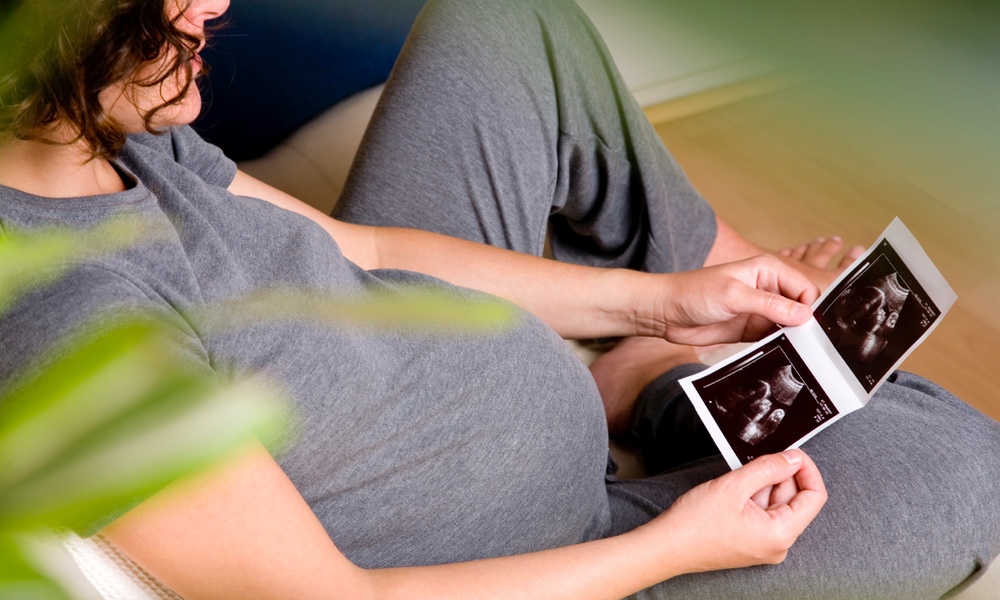Anemia is not uncommon in the latter stages of pregnancy, and it is usually easily treated with iron supplements. It's a different story when anemia occurs early in pregnancy, however. Then it can disrupt the baby’s brain development, increasing the likelihood of mental disability, autism, and attention deficit hyperactivity disorder or ADHD, a new study suggests. Early screening for anemia and nutrition education can help prevent this risk.
Anemia refers to the inability of the red blood cells to adequately transport oxygen throughout the mother’s body and to the baby. It is almost always caused by a lack of iron, though other nutritional deficiencies can lead to it.
About 15 to 20 percent of pregnant women from around the world experience iron deficiency anemia, and most are diagnosed toward the end of pregnancy when the rapidly growing baby needs a lot of iron from the mother. Few women are diagnosed with anemia early in pregnancy, but when this happens, its impact can be harmful to the developing fetus.
Researchers at Karolinska Institute studied the effect of the timing of an anemia diagnosis on the brain development of a fetus, specifically looking for a connection between an anemia diagnosis early in pregnancy and the risk of an intellectual disability, such as autism spectrum disorder and attention-deficit/hyperactivity (ADHD) disorder, in the child.The Recommended Dietary Allowance for iron is 18 milligrams a day for adult women. That increases to 27 milligrams a day when a woman is pregnant.
When mothers were diagnosed with anemia before 31 weeks of pregnancy, nearly five percent of their children were diagnosed with autism compared to 3.5 percent among non-anemic mothers. Just over nine percent of children were diagnosed with ADHD and three percent were diagnosed with intellectual disability compared to seven and one percent, respectively, in mothers without anemia.
When researchers factored in other influences such as maternal age and income level, children born to mothers with early anemia were 44 percent more likely to have autism and 37 percent more likely to have ADHD than children born to mothers without early anemia. The risk of intellectual disability was 120 percent higher. Even compared to their siblings, children whose mothers had anemia in early pregnancy had a higher risk of autism and intellectual disability.
When anemia was diagnosed after the 30 weeks of pregnancy, there was no increased risk for any of these neurodevelopmental conditions.
Discrete areas of the fetal brain and nervous system develop at specific times in pregnancy, so it’s possible that being exposed to anemia early in pregnancy could affect the brain of a child differently if the mother’s anemia were discovered later in pregnancy, explained Renee Gardner, the study’s lead researcher. Anemia early in pregnancy may cause a more severe and long-lasting nutritional deficiency for the baby.
Early screening for iron status and nutrition counseling to make sure pregnant women are getting enough iron are important, the researchers believe, but too much iron can be harmful. More research is needed before recommending that pregnant women begin taking iron supplements early in pregnancy.
Women should not take iron supplements without discussing it with their doctor.
The Recommended Dietary Allowance for iron is 18 milligrams a day for adult women. That increases to 27 mg a day when a woman is pregnant. High iron foods include lean meat and seafood, especially red meat and liver. Nuts, beans, vegetables and fortified grain products are also good sources of iron.
The study is published in JAMA Psychiatry.





